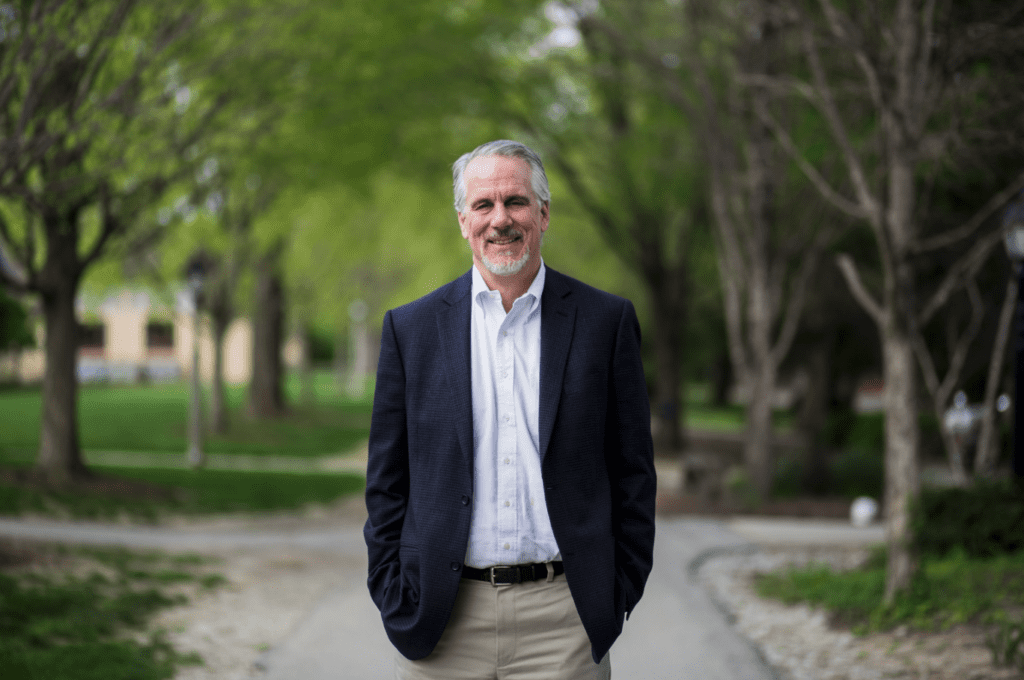About What Works
Mission
To build public trust in our institutions and in each other by clearly and accessibly bringing attention to fact-based outcomes that demonstrate progress on issues of public concern.
Our message in a nutshell: “We can solve this. Here’s how someone already has.”
Our Story
As an editor thinking strategically about the news every day for decades, I increasingly noted the built-in negativity of how news is defined – essentially, things that go wrong and how they could get worse. This is not only dismal and unnerving but also inaccurate. Progress is spectacularly undercovered. And the result is rising cynicism, declining social trust, and greater divisiveness. We committed our news organization, The Christian Science Monitor, more strongly and explicitly to reporting progress when it appeared as well as to bridging divides between people by helping readers understand each other.
In recent years, groups like The Solutions Journalism Network and David Byrne's editorial project Reasons To Be Cheerful have focused on rebalancing journalism toward good new ideas and what's going right.
The What Works Initiative is an effort to pull together not good ideas or promising steps, as welcome as those are, but what has actually moved the needle in showing progress against important public concerns.
Marshall Ingwerson

Our work
We're committed to cultivating a problem-solving, progress-building mentality by:
- Building a knowledge base of where and how progress has been measurably achieved on important public concerns.
- Distilling the lessons for optimal simplicity and clarity.
- Spreading this knowledge to communities that can benefit from solutions that have already worked.
Our ultimate audience is the larger community that votes, runs for office, contributes to causes, and talks to friends and neighbors.
Values
In assessing positive outcomes, we are guided by the following very basic principles.
Founder
Marshall Ingwerson is a journalist and the former editor in chief of The Christian Science Monitor.
As Editor, he led the development and launch of the Monitor as a daily digital subscription product in 2017.
As a staff correspondent at the Monitor, he has been based in Boston, Los Angeles, Miami, Washington DC – covering the George H.W. Bush and Clinton White Houses – and then Moscow during the post-Soviet Yeltsin years. His coverage of the oil boom around the Caspian Sea won an Overseas Press Club citation in 1997.
As Managing Editor of the Monitor, he managed the transition of the Monitor from a daily print newspaper to a Web-first news operation with a weekly print edition.
He left the Monitor to become Chief Executive of Principia, which operates a liberal arts college – Principia College – and a pre-K-12 independent boarding school – Principia School – both in the St. Louis area. At Principia, he led significant policy changes across both campuses and a new strategic plan that laid the foundation for reversing four decades of enrollment decline.
He is currently based in Laguna Beach, California, and developing The What Works Initiative.